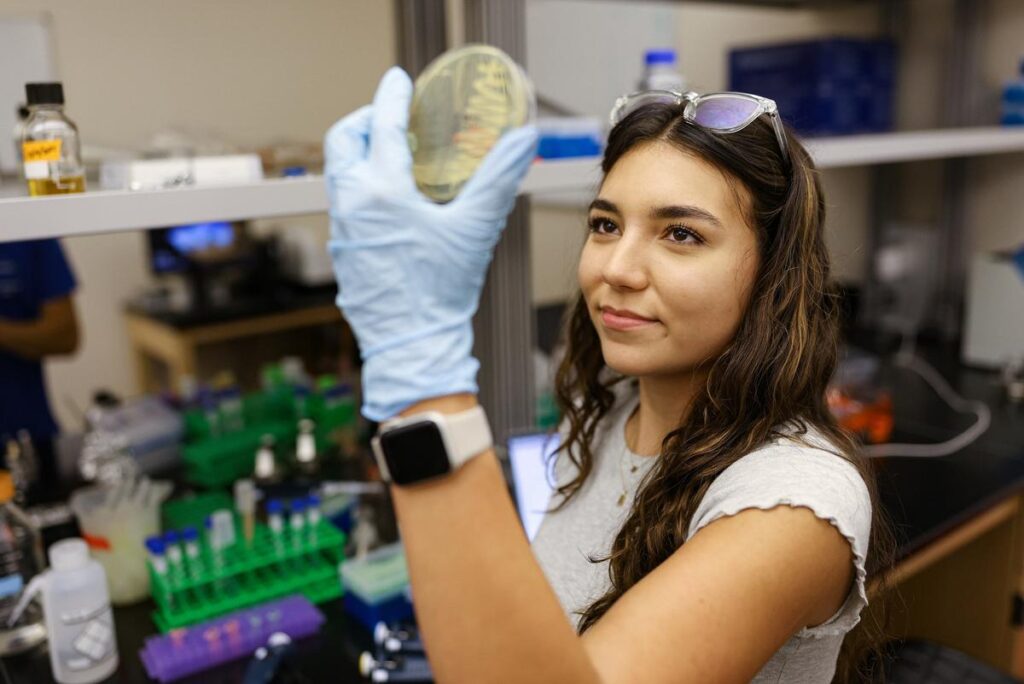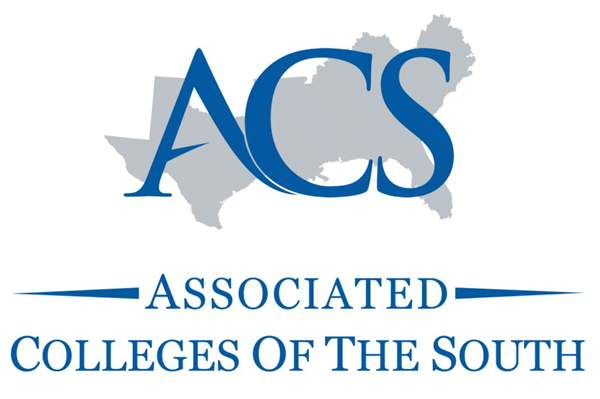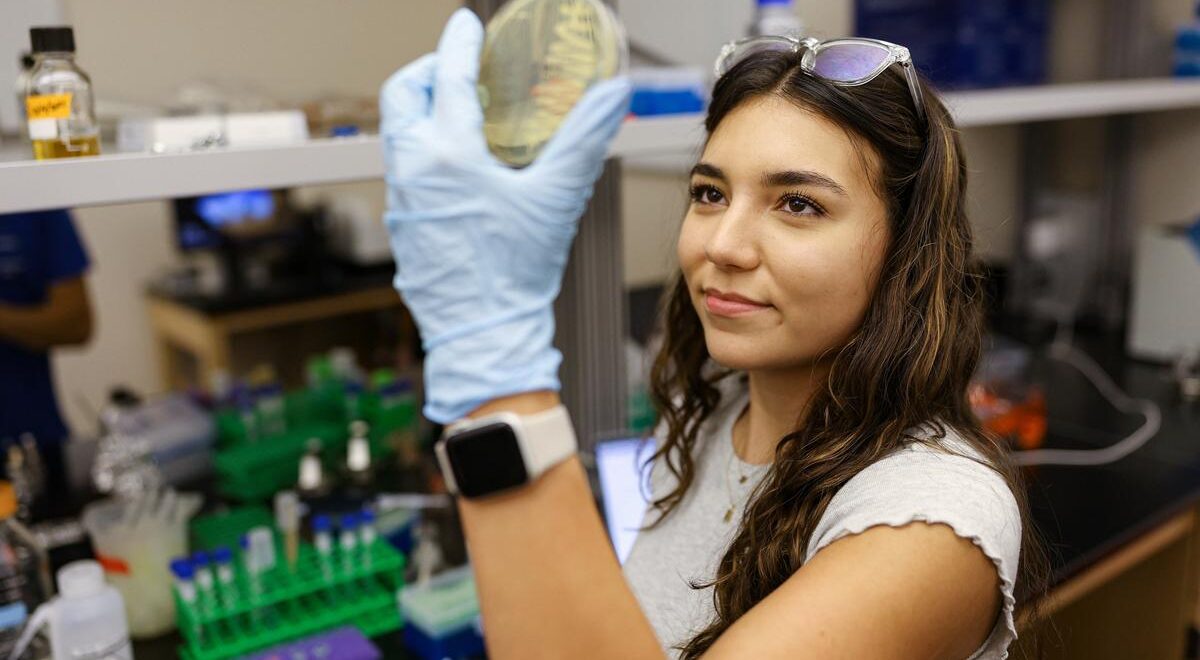
Furman University is part of a 15-school cohort that has been awarded $8.625 million by the Howard Hughes Medical Institute for the purpose of creating a more inclusive environment for students pursuing STEM fields.
The initiative, HHMI Inclusive Excellence 3 (IE3), challenges U.S. colleges and universities to substantially and sustainably build their capacity for student belonging, especially for those who have been historically excluded from the sciences.
In total, HHMI will invest $60 million over six years for IE3 spread over roughly 100 participating institutions. Furman will host the program coordinator for its Learning Community Cluster (LCC). Furman’s portion of the $8.625 million awarded to the LCC is $931,600.
To achieve its goal, HHMI has awarded 104 institutions, divided into seven LCCs, which will tackle one of three challenges: 1) How to make the content of the introductory science experience more inclusive 2) How to evaluate effective inclusive teaching, and then reward faculty accordingly in terms of promotion and tenure and 3) How to create genuine partnerships between two- and four-year colleges and universities so that transfer students have a more inclusive experience.
Furman’s 15-member LCC, (aka LCC1) will focus on content of the introductory science experience. Specifically, the LCC will implement three coordinated projects: facilitate faculty training in the core values of equity, social justice, and inclusive pedagogy; elevate the student voice, improve the student experience and situate students as agents of change through engagement and leadership; and engage faculty, staff and students in the process of making sustainable changes to curricular offerings within introductory courses.
“This project will transform the student experience in STEM at Furman,” said Alison Roark, associate professor of biology and program director. “Our primary goals are to increase retention of students with historically disadvantaged identities, to cultivate a sense of belonging, and to facilitate student success in STEM.”
Lauren Jarocha, assistant professor of chemistry at Furman and curricular change project leader, said, “This grant gives us the opportunity to take a holistic look at our curriculum – the courses in our majors, the content of our classes, and the programming we offer to our students – across all our science and math departments.
“Intentionally incorporating diversity into introductory STEM courses helps students of all backgrounds succeed. I am excited to work with both our faculty and our students to develop and implement curricular changes that reflect our values as an institution and enhance the student experience,” Jarocha said.

